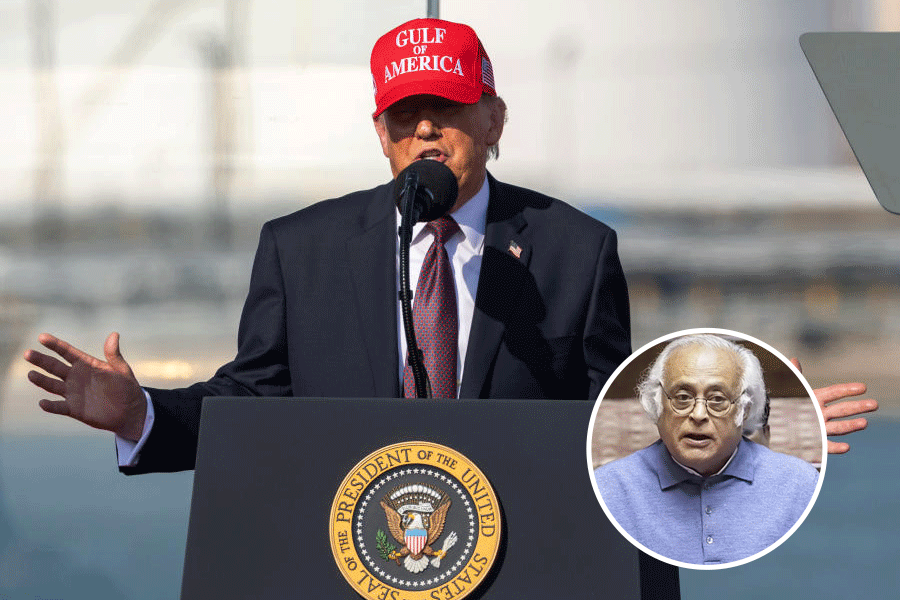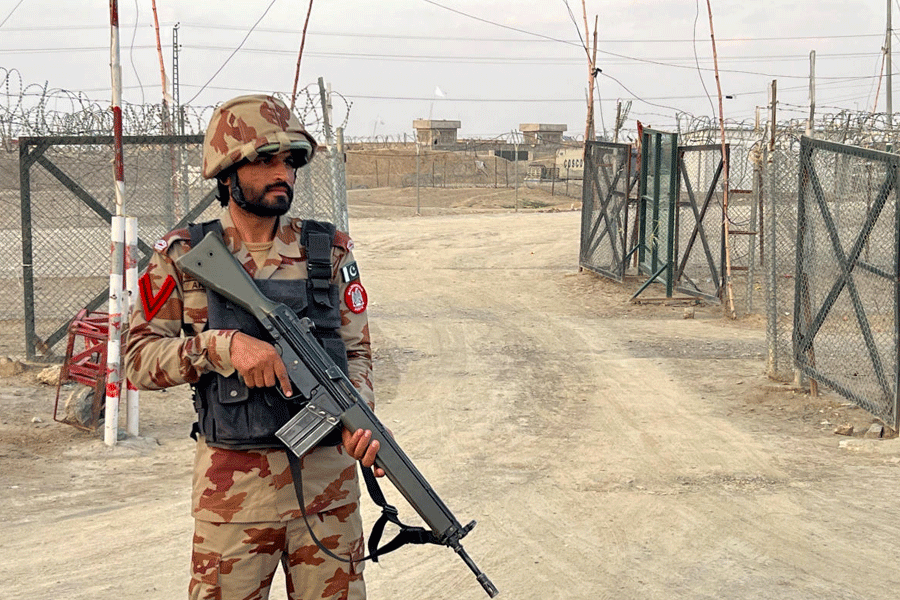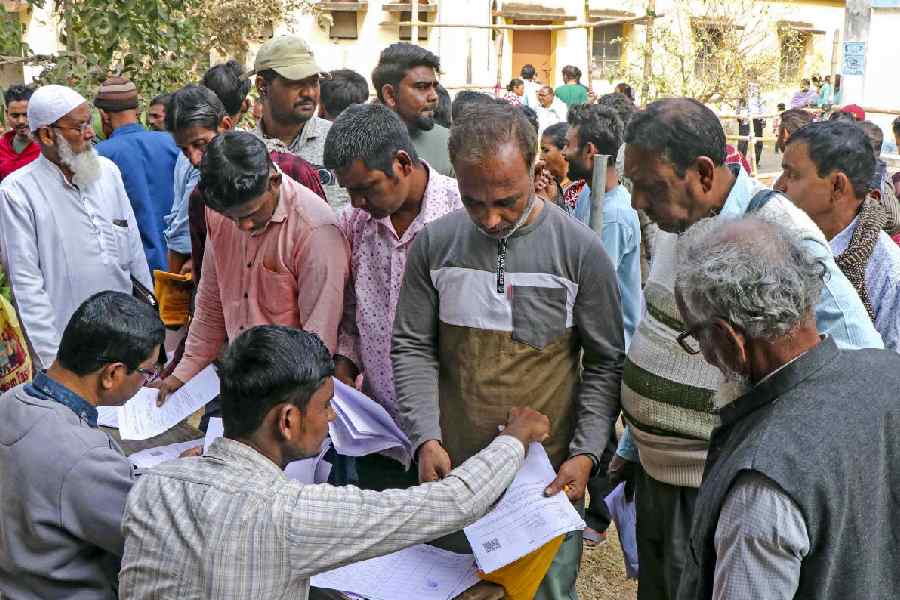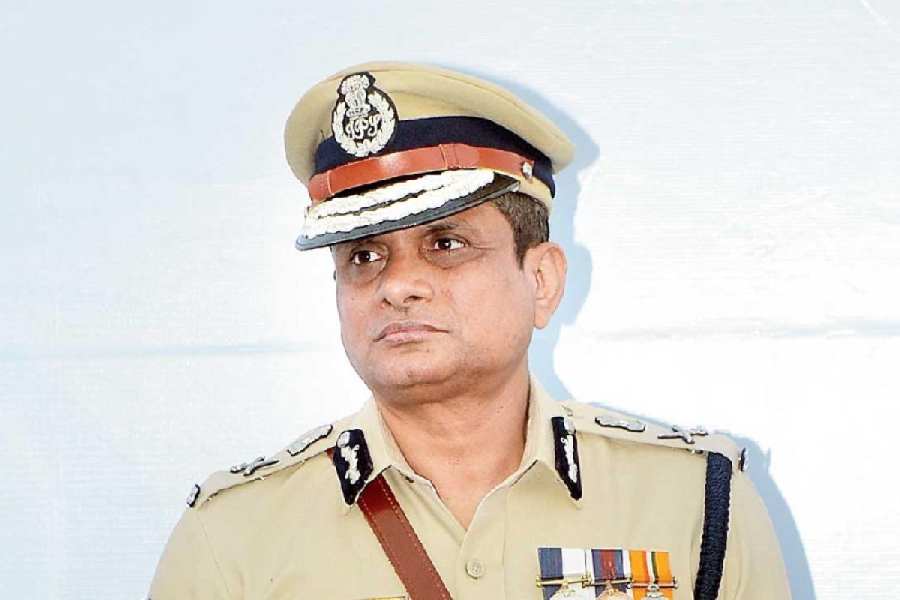 |
 |
| The Piyoli Market built at the site of the graveyard at Jorhat and (above) the tombstone of Newville before being dismantled. Pictures by Aabir Borgohain |
Guwahati, Aug. 3: The 19th century grave of a much-hated British officer will soon be dismantled to make way for a market complex in Jorhat.
Capt. J.B. Newville, who passed away soon after ordering the execution of freedom fighter Piyoli Phukan in 1830, found little forgiveness even after death.
That probably explains why the administration did nothing to prevent his 19th century grave, a veritable heritage site, from being desecrated.
The market will be named Piyoli Market, to be inaugurated by chief minister Tarun Gogoi, and Newville’s grave will be shifted elsewhere.
The chairman of Jorhat Municipal Board, Prasanta Bora, said Newville’s grave was occupying a large space and needed to be dismantled.
“We will install the tombstone in some other place but we have not decided on the site till now,” he said.
Allen Brooks, spokesperson for the Assam Christian Forum, however, said it was totally unethical to demolish a graveyard to carry out development work.
“Graveyards are holy places for the Christians and demolition of such structures is an insult,” he said.
Besides, all British structures are under the British High Commission and special permission should be taken if any construction or demolition work were to be undertaken at these structures, Brooks said.
Citing an example, Brooks said a similar plan to demolish the graveyard of Alexander Bruce in Tezpur town to make way for a car park a few years back was stopped following the intervention of the British High Commission.
Newville, the 19th century British officer, had earned the wrath of civilians when he removed all Assamese employees from the revenue department soon after he took charge as the commissioner.
Piyoli, along with Juiram Duliabarua, rose in a revolt against the British officer. They formed a 400-strong army comprising Nagas, Singphos, Khasis, Manipuris and members of other communities and planned to destroy the British armoury at Rongpur (now Sivasagar district).
Newville, however, came to know about the conspiracy, when Sadiyakhowa Gohain, a noble in the Ahom kingdom, informed him about this secret plan.
Piyoli and Juiram had sought help from the Ahoms through Gohain.
The British army under Newville crushed the rebellion and apprehended 16 conspirators, including Piyoli and Juiram.
While the duo were ordered to be hanged, their associates were sentenced to 14 years of imprisonment in 1830.
Newville, however, did not survive for long. He died a few months later, after being infected with a mysterious disease.
Till a few years ago, family members of the British officer used to visit Jorhat to pay homage, a source said.
If dismantling of Newville’s tombstone is not enough, Neuvill Road, near the British officer’s graveyard, has been renamed Kaka Nilomoni Phukon Path after the famous Assamese poet, a couple of years back.
“Newville has been written off from Assam’s history,” said a historian.










